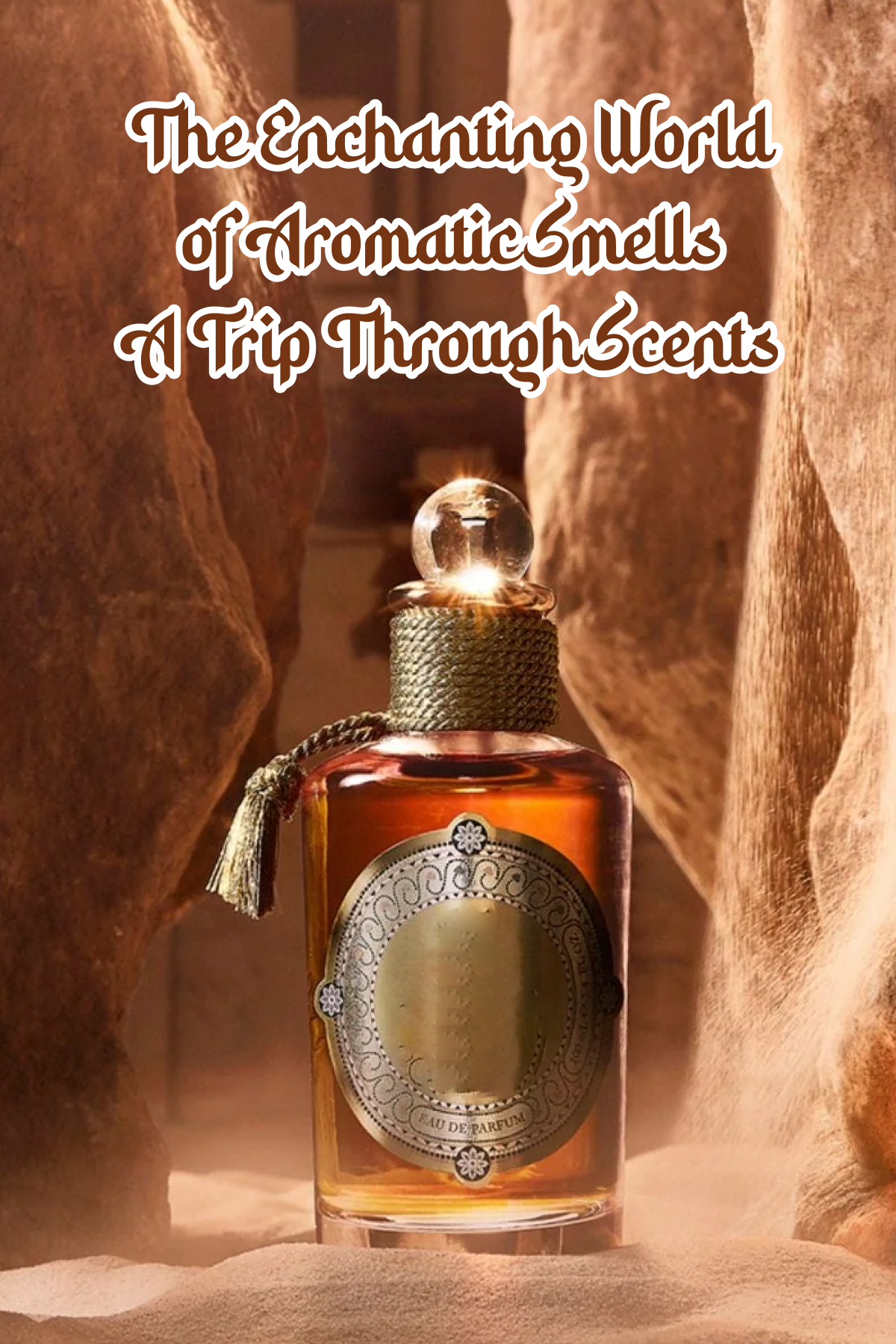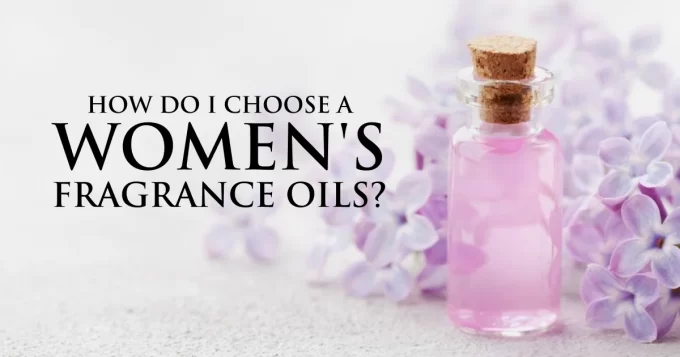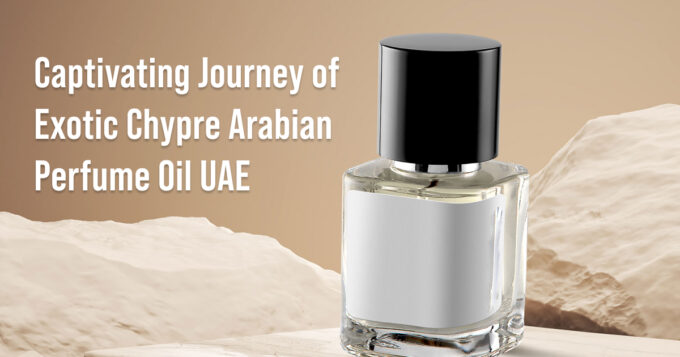The Enchanting World of Aromatic Smells: A Trip Through Scents
The term “aromatic smell” generates a wide range of feelings, transporting us to various locations, memories, and emotions. Aromatic odors, from the pleasant fragrance of budding flowers in spring to the earthy perfume of wet soil after rain, have a tremendous influence on our life.
They affect our emotions, elicit memories, and even influence our behavior. But what exactly makes a fragrance pleasant, and why do these aromas have such a deep place in our hearts?
The Science of Aromatic Smells
To understand what makes a smell aromatic, we must delve into the realm of chemistry. Aromatic chemicals are mostly organic molecules that emit distinct, pleasant scents. These chemicals frequently contain benzene rings or similar structures, which are stable and have the unusual capacity to evaporate into the atmosphere, making them easily detectable by our olfactory sensors.
When we inhale an aromatic odor, chemicals in the air bind to receptors in our nasal cavities. These receptors provide signals to the brain’s olfactory bulb, which interprets the information and recognizes the smell.
The olfactory system is inextricably related to the limbic system of the brain, which is in charge of emotions and memories. This relationship explains why particular smells can instantaneously elicit emotions or memories.
The Cultural Value of Aromatic Smells
Aromatic fragrances are profoundly ingrained in cultures around the world. In many cultures, particular scents are employed in rituals, rites, and everyday life to promote serenity, spirituality, or well-being.
Middle Eastern fragrances: The Middle East has a long history of employing aromatic scents in the form of fragrances, especially oud, musk, and rose. These odors are more than just aromas; they are strongly tied to the region’s history and culture.
Oud, for example, is commonly referred to as “liquid gold” due to its expensive quality and is utilized in religious ceremonies and personal grooming.
Aromatic incense is an important part of many Asian cultures’ religious and spiritual traditions. Incense burning in temples, houses, and meditation areas is thought to purify the air, fend off evil spirits, and create a peaceful setting conducive to meditation and reflection.
Western Aromatherapy: Aromatherapy is a common concept in the West that uses essential oils from fragrant plants to promote physical and emotional well-being. Aromatherapy uses aromatic fragrances such as lavender, eucalyptus, and peppermint to relieve stress, improve mood, and boost energy levels.
Emotional Power of Aromatic Smells
One of the most intriguing qualities of aromatic scents is their potential to elicit intense emotions. This phenomenon, known as the “Proustian effect,” is named after French writer Marcel Proust, who recounted how the aroma of a madeleine cake dunked in tea brought back vivid childhood memories.
Memory and Smell: Aromatic fragrances have a particular connection to our memories. A whiff of a specific scent may evoke memories of a loved one, or the aroma of freshly baked bread may transport us back to our grandmother’s kitchen. These memories are frequently accompanied by intense emotions, making fragrant fragrances an effective tool for remembering the past.
Mood Enhancement: Aromatic scents can also influence our mood and conduct. According to studies, certain smells, such as lavender, can have a relaxing impact, lowering stress and anxiety. In contrast, energizing smells such as citrus or peppermint can increase energy and attention. This is why many individuals use scented candles, diffusers, or essential oils in their homes or offices to generate a specific mood.
Aromatic Smells in Daily Life.
Aromatic fragrances are not limited to perfumes, incense, and essential oils. They are everywhere in our daily lives, often in the most unexpected locations.
Nature’s Aromas: The natural world is full of fragrant odors, ranging from the sweet scent of blooming jasmine to the soothing smell of pine trees in a forest. These smells have a grounding effect, allowing us to reconnect with nature and feel peaceful.
Culinary Delights: Aromatic scents are important in the kitchen as well. The perfume of herbs such as basil, rosemary, and thyme, as well as freshly brewed coffee, can stimulate the appetite and improve the dining experience. Aromatic spices such as cinnamon, cardamom, and cloves are commonly used in cooking to give depth and richness to foods.
Aromatic fragrances are an essential component of personal care products, ranging from shampoos to lotions. These scents are deliberately chosen not only to disguise odors, but also to give a sensory experience that might leave us feeling refreshed, rested, or energized.
The Future of Aromatic Scents
As we continue to investigate the realm of fragrant odors, new possibilities emerge. Scientists are investigating the potential medicinal applications of aromatic chemicals, including how they can be used to treat anxiety, sadness, and pain.
Scent technology is also evolving, with developments such as digital scent technology, which can recreate and convey fragrances electronically, potentially altering how we perceive media and entertainment.
In the realm of fashion and beauty, there is a growing trend toward personalized scents, which allow people to create their own distinct aromatic odors that reflect their personality and tastes. This personalization enables people to engage with smells on a deeper level, making them a more important part of their identity.
Conclusion
Aromatic fragrances are more than just nice odors; they provide access to emotions, memories, and cultural experiences. From the delicate perfumes of the Middle East to the relaxing odors of lavender in aromatherapy, these smells have the ability to profoundly alter our lives.
As we continue to uncover new aromatic odors and their applications, the world of scent will remain an important and enchanting element of the human experience.
So, the next time you catch a whiff of a familiar perfume, take a moment to savor the journey it takes you on and the memories it rekindles.












